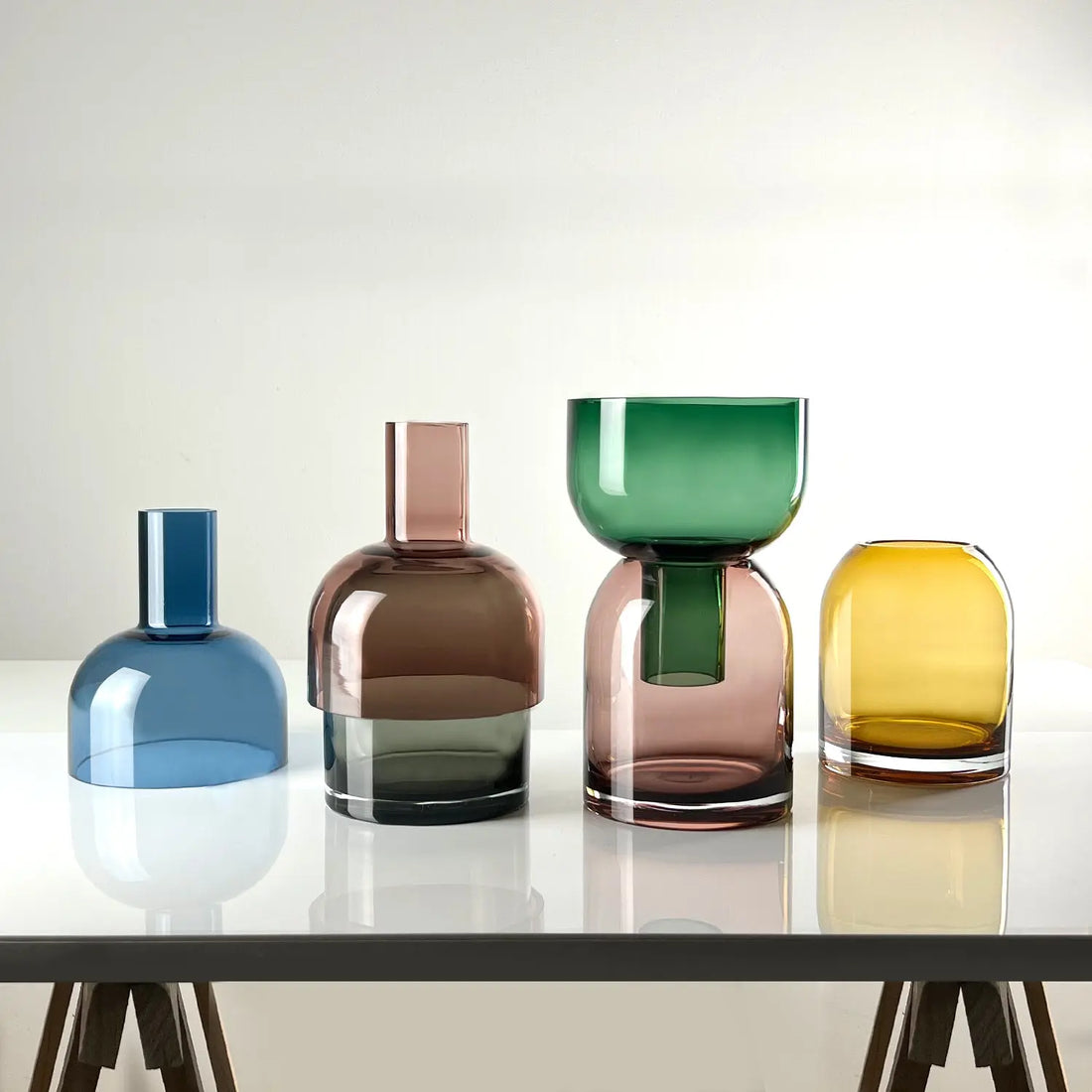Borosilicate Glass: The Heat-Resistant, Durable Glass for High-Performance Applications
Share
Borosilicate glass is a type of glass that is known for its high heat resistance and durability. It is made by melting together boron oxide, silica, and other compounds at very high temperatures. This process creates a glass that is highly resistant to thermal shock and chemical corrosion.
One of the key properties of borosilicate glass is its high heat resistance. Unlike other types of glass that can crack or shatter when exposed to high temperatures, borosilicate glass can withstand temperatures of up to 515°C (959°F) without breaking. This makes it ideal for use in laboratory equipment, cookware, and other applications where high heat resistance is essential.
Another advantage of borosilicate glass is its durability. It is much stronger than other types of glass, making it resistant to scratches, cracks, and other types of damage. This makes it ideal for use in applications where the glass may be exposed to rough handling, such as in drinkware or in industrial settings.
In addition to its strength and heat resistance, borosilicate glass is also highly transparent and has a low thermal expansion coefficient. This means that it does not expand or contract significantly when exposed to changes in temperature, which can help to prevent cracking and other types of damage.
While borosilicate glass has many advantages, there are some limitations to its use as well. It can be more expensive than other types of glass, which can make it less practical for some applications. Additionally, because it is a specialized type of glass, it may be more difficult to find in some areas.
Overall, borosilicate glass is a highly specialized and valuable material that is used in a wide range of applications. Whether you're looking for laboratory equipment, cookware, or industrial glass, borosilicate glass is a top choice for its strength, heat resistance, and durability.


